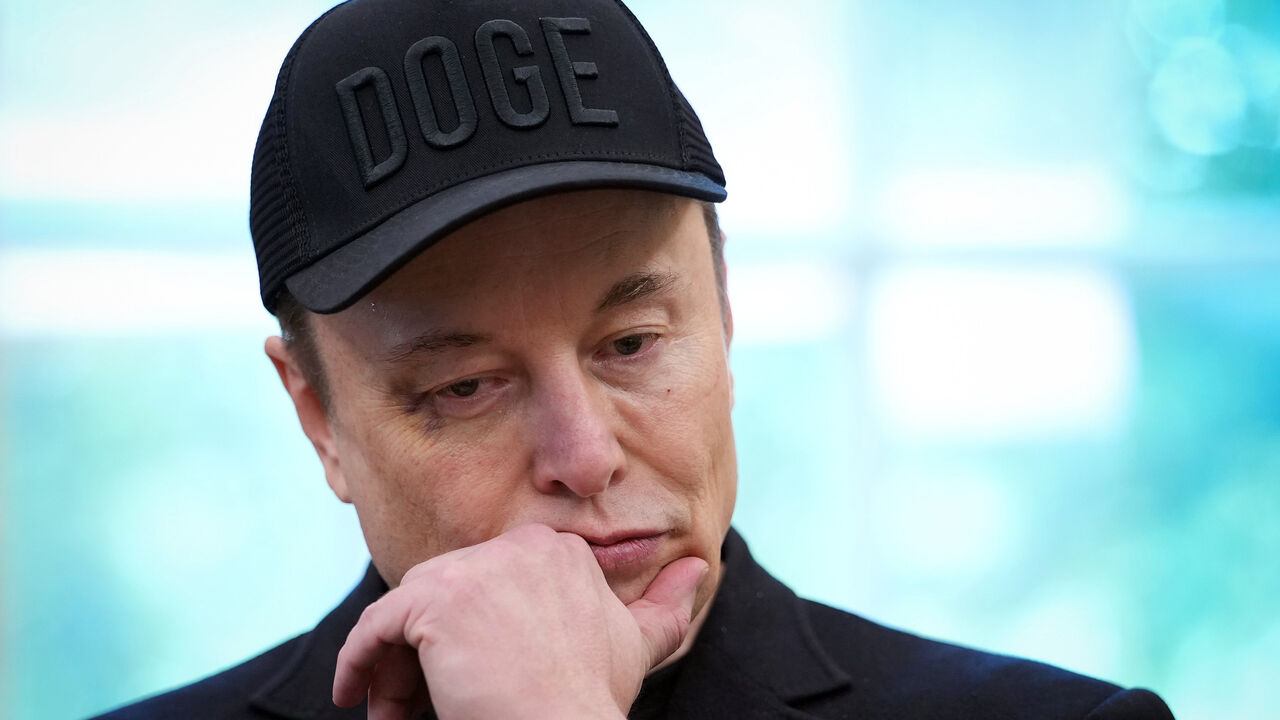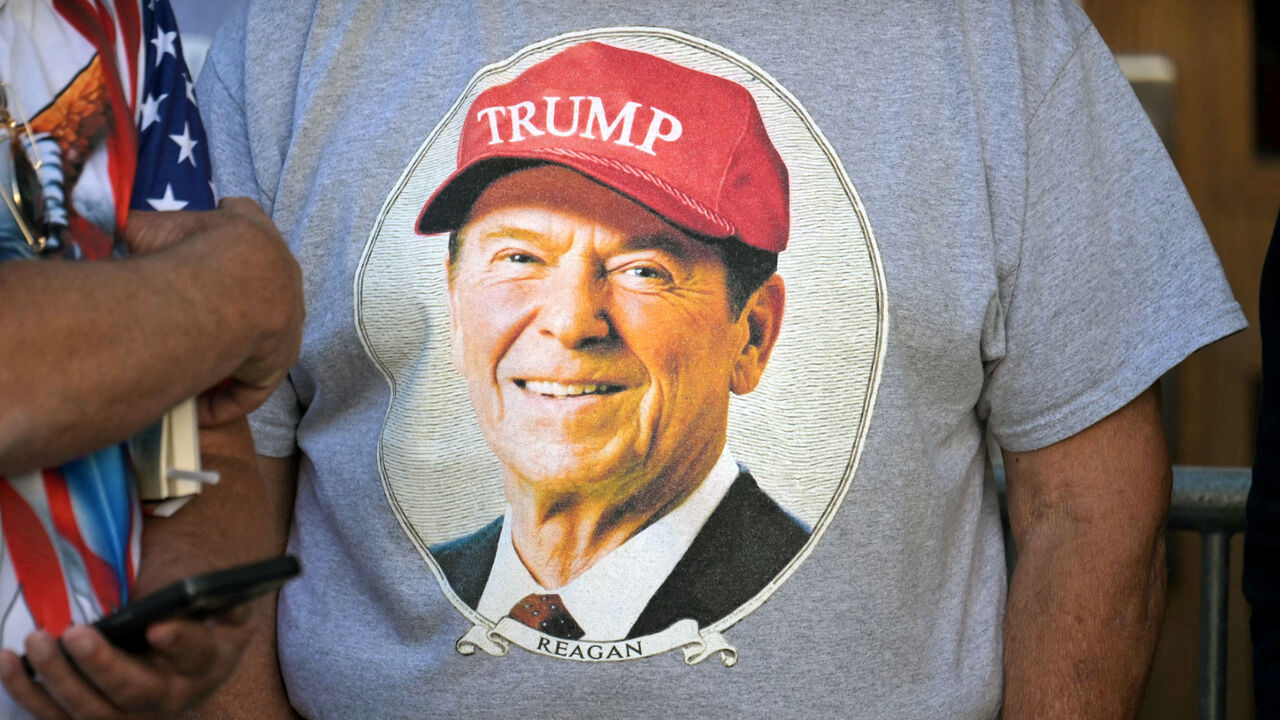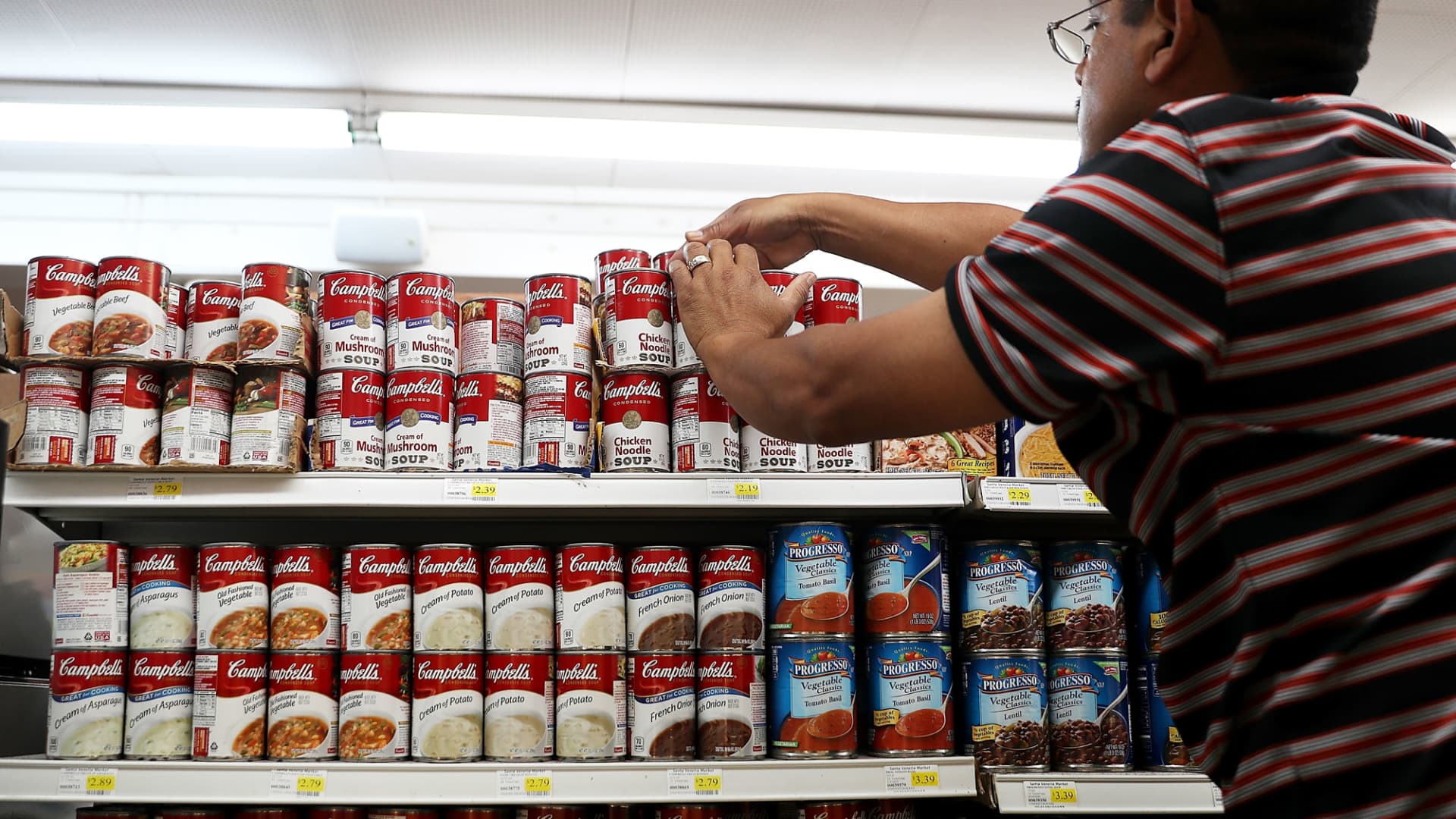The lights of Frankfurt am Main’s banking skyline glow in the last light of day.
Boris Roessler | Picture Alliance | Getty Images
The euro zone’s economy grew by more than expected in the second quarter of 2024, flash figures from the European Union’s statistics office showed Tuesday.
The zone’s gross domestic product rose by 0.3% in the three months to the end of June compared to the previous quarter, the data showed. Economists polled by Reuters had expected a 0.2% increase on a quarterly basis.
First-quarter GDP was confirmed at 0.3%, unchanged from the initial reading announced earlier this year.
The euro zone entered a technical recession in the second half of 2023, as GDP contracted in both the third and fourth quarter of the year, according to revised figures released earlier this year.
Bert Colijn, senior euro zone economist at ING, said in a note on Tuesday that the data indicated that the regiona’s economy is somewhat recovering.
“After stagnation for all of 2023, this is a relief and shows that the economy has started to cautiously recover,” he said, adding that the economy was now in a better situation than a year prior.
“The question remains where the economy will head from here and recent data do not provide much confidence that the eurozone economy is further accelerating,” Colijn said.
Data released earlier in the day showed that the euro zone’s largest economy Germany unexpectedly shrank by 0.1% in the second quarter — coming in below the expectations of analysts polled by Reuters, who had anticipated the country’s GDP to grow by 0.1%.
Germany was one of just four countries whose GDP fell in the three months to the end of June, according to the European Union’s statistics office. Latvia, Sweden and Hungary were the other three countries that posted contractions.
Klaus Wohlrabe, head of surveys at ifo, said in a Wednesday note that the German economy was “stuck in crisis” and that it was also not expected to improve much in the third quarter.
Ireland meanwhile recorded the biggest growth at 1.2% in the second quarter, while the euro zone’s second-largest economy, France, logged GDP growth of 0.3% over the same period, its statistics office said Tuesday.
Inflation figures for the euro zone are set to be released on Wednesday. The fresh euro zone data out this week comes after the European Central Bank left interest rates unchanged at its meeting earlier this month, saying that the option for a cut in September was “wide open.”

 Personal Finance1 week ago
Personal Finance1 week ago
 Blog Post1 week ago
Blog Post1 week ago
 Economics6 days ago
Economics6 days ago
 Economics1 week ago
Economics1 week ago
 Accounting6 days ago
Accounting6 days ago
 Personal Finance1 week ago
Personal Finance1 week ago
 Economics6 days ago
Economics6 days ago
 Personal Finance6 days ago
Personal Finance6 days ago






















